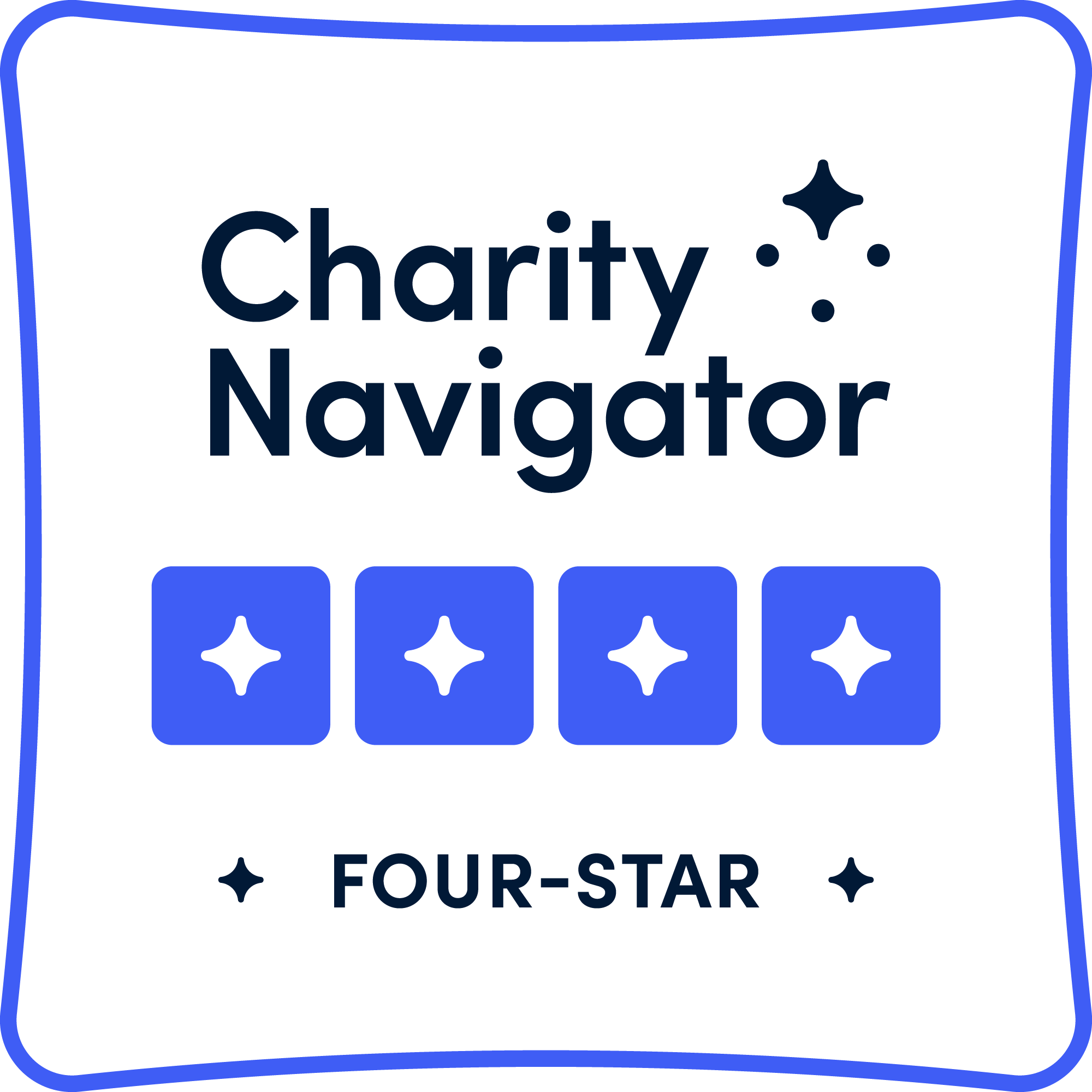Join our email list to stay up to date on the latest Amyloidosis news.
The Amyloidosis Research Consortium (ARC) held an amyloidosis patient forum with the FDA in Silver Spring, MD on November 16. 2015. It was an historic, standing room only event for our community. The room was filled with patients that were dedicated and ready to share the impact that AL and ATTR amyloidosis has on their lives. Representatives were present from all sectors auditing the event; both in person and through a simultaneous live webcast.
There were short scientific presentations about amyloidosis from experts in the field. Most of the day focused on a broad array of patients sharing their experiences on a number of panels and in moderated discussions. The forum provided an ideal platform for the FDA to listen and engage with the community to develop a greater understanding of amyloidosis; with a focus on what patients want as far as treatments, and the risk versus benefit that they are willing to take. These discussions are essential in ARC’s ongoing commitment to support the development of therapies that address our patients’ needs.
We were honored to have Dr. Woodcock, the Director of the Center for Drug Evaluation and Research, as well as many other FDA members at our meeting. Dr. Woodcock spoke about the commitment the FDA has to rare diseases. She emphasized the critical role that the ARC and other disease specific organizations play, particularly in rare diseases, where gathering data from both experts and patients and identifying areas of consensus, can create a clear pathway for drug development.
The ARC is planning to deliver a draft guidance to the FDA in Spring, 2016. Dr. Woodcock also discussed the role of biomarkers for both early diagnosis and drug development. She shared her commitment to develop accelerated approval for the biomarker qualification process, highlighting the application that the ARC has already submitted for NT-proBNP to become a validated biomarker.
We saw many faces of amyloidosis and heard the patient voice throughout the day, covering a multitude of experiences regarding treatments, side effects, quality of life, and clinical trials. This information, along with written statements from many other amyloidosis patients will be added to the patient voice report that will be provided to the FDA.
Dr. Goldsmith from the Office of Rare Diseases closed the meeting with this observation: “We very much appreciated playing an active role in the meeting… to engage in numerous, highly productive conversations…”



